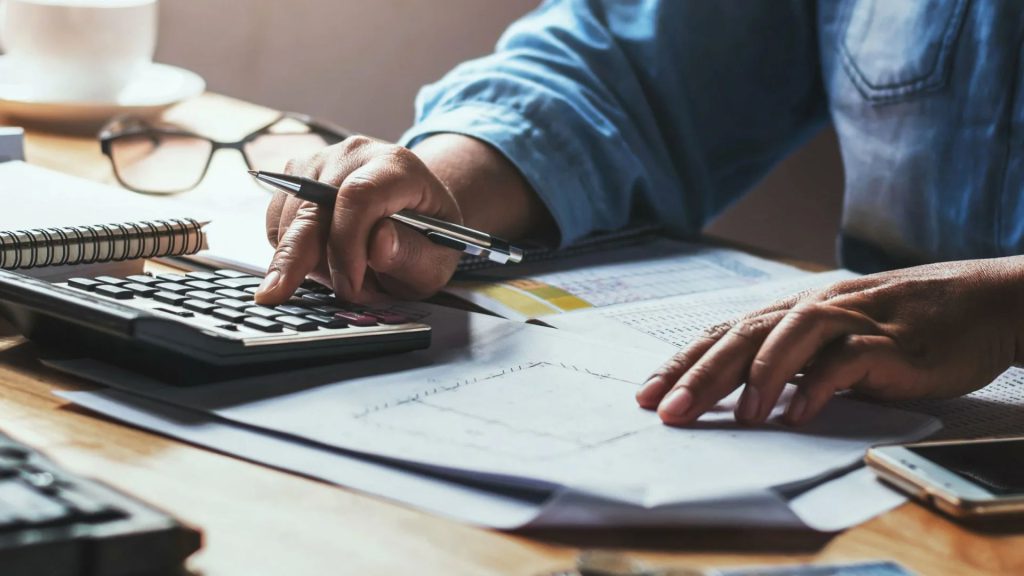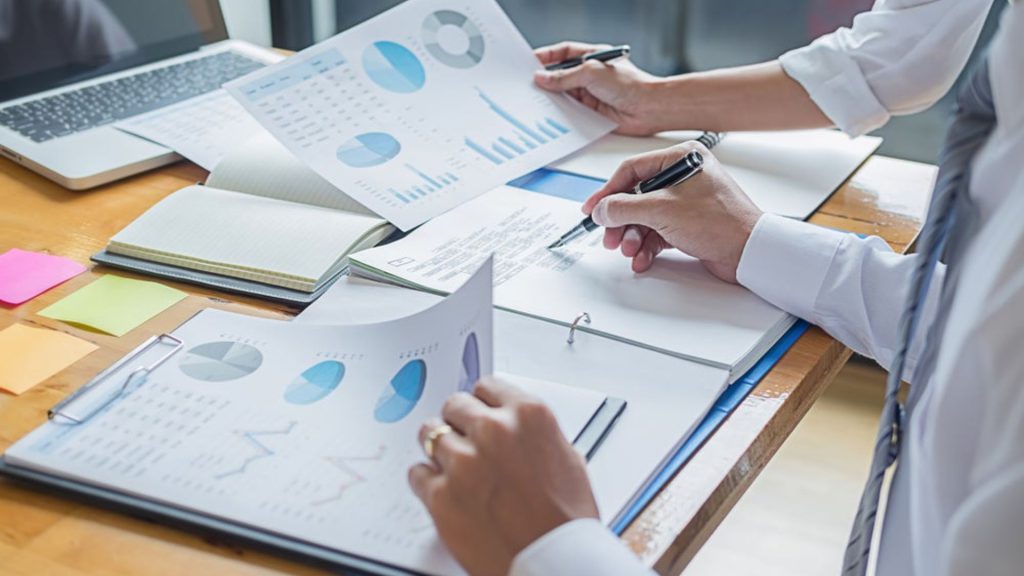Risk Assessment:
Internal audit services in Dubai assess the organization’s risk environment, identifying potential areas vulnerable to fraud. By understanding the organization’s operations, processes, and systems, they can pinpoint potential weaknesses and gaps where fraudulent activities may occur.

Controls Evaluation:
Internal auditors evaluate the effectiveness of internal controls designed to prevent and detect fraud. They examine control activities such as segregation of duties, authorization procedures, and access controls to determine if they are adequately designed and implemented to mitigate fraud risks.
Fraud Detection Techniques
Internal auditors employ various techniques and tools to detect signs of fraud within the organization. This may include data analysis, trend analysis, anomaly detection, and forensic accounting procedures to uncover irregularities, inconsistencies, or suspicious patterns indicative of fraudulent activities.
Investigative Procedures
When red flags or indicators of fraud are identified, internal auditors conduct detailed investigations to gather evidence, analyze transactions, and determine the extent of fraudulent activities. They work closely with management, legal counsel, and other stakeholders to ensure thorough and impartial investigations.
Recommendations for Improvement
Based on their findings, internal auditors make recommendations to strengthen internal controls, policies, and procedures to prevent future occurrences of fraud. These recommendations may include enhancements to control frameworks, implementation of fraud detection technologies, and improvements in employee awareness and training programs.
Compliance Monitoring
Internal auditors monitor compliance with anti-fraud policies, laws, and regulations to ensure that the organization adheres to ethical standards and legal requirements. They also assess the effectiveness of whistleblower hotlines and reporting mechanisms in facilitating the reporting of suspected fraudulent activities.
Fraud Awareness and Training
Internal auditors play a role in raising awareness among employees about the risks and consequences of fraud. They provide training sessions, workshops, and educational materials to help employees recognize the warning signs of fraud and understand their role in fraud prevention and detection efforts.
Collaboration with External Parties
Internal auditors collaborate with external auditors, law enforcement agencies, and other external parties as needed to investigate and address instances of fraud. This collaboration enhances the organization’s ability to respond effectively to fraud incidents and mitigate their impact on the business.

In summary, internal auditing serves as a critical line of defense against fraud by assessing risks, evaluating controls, detecting anomalies, conducting investigations, and recommending improvements to strengthen the organization’s anti-fraud measures. By promoting a culture of integrity, transparency, and accountability, internal auditors help safeguard the organization’s assets, reputation, and long-term viability.

